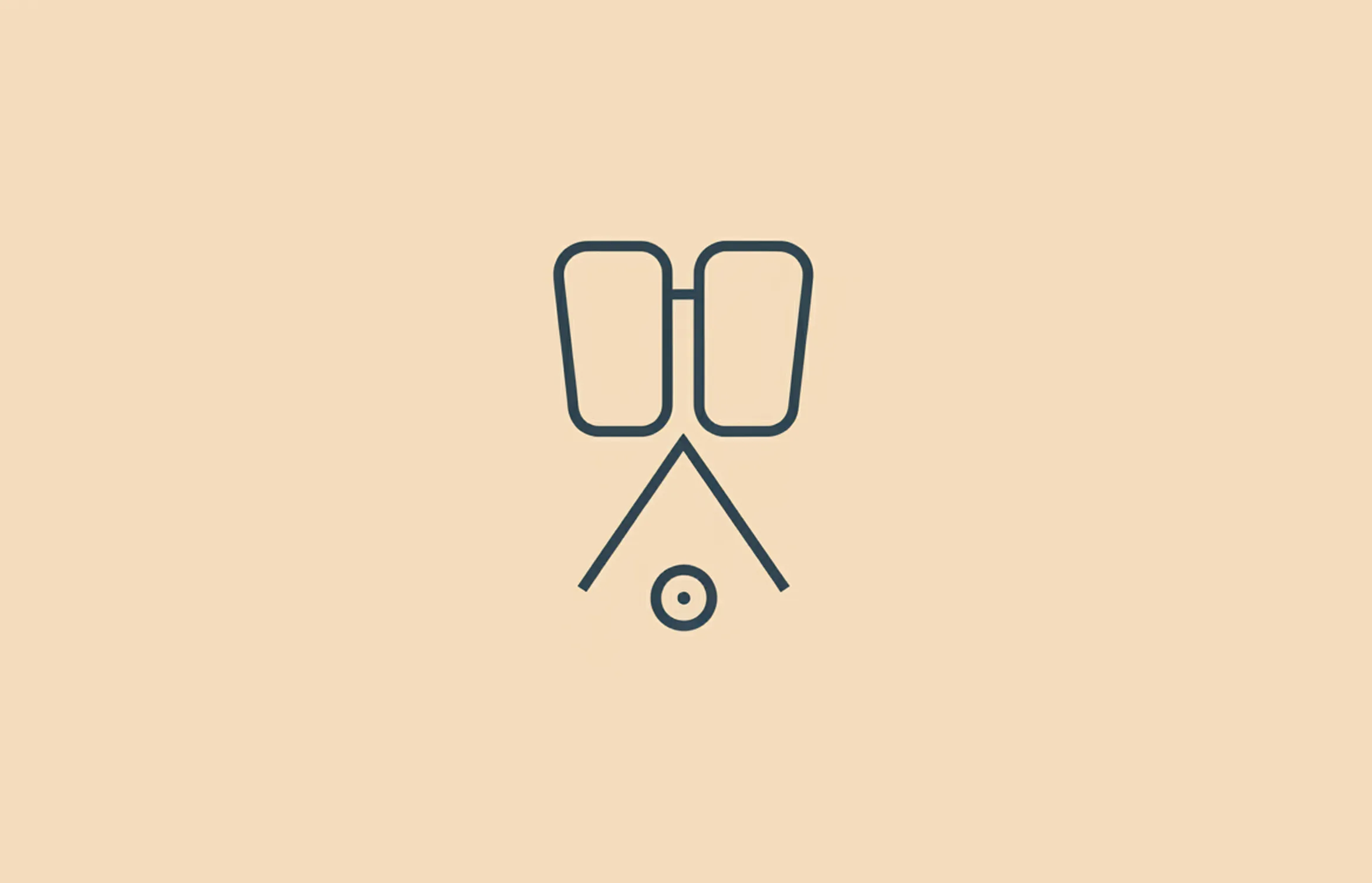Those of us who have ever experienced dental or orthodontic problems have heard of a device commonly referred to as a retainer. Generally, a retainer consists of a moulded combination of wires and of plastic that fits exactly into the current structure of the teeth and surrounding bones.
While upper retainers are the most common, there are also designs that are intended to be used in conjunction with the lower teeth. So, how are retainers utilised in conjunction with other dental procedures, what types are available, what are their benefits and how much do they cost? Let us examine each of these questions in a bit more detail.
The Purpose of Retainers
As opposed to popular belief, one's teeth are not firmly held in place. Once the braces are removed, they will have a tendency to migrate from their original (and correct) positions. A retainer will help to ensure that the teeth have time to set into their proper and permanent positions. Without such devices, it is more than likely that the benefits of any previous orthodontic work will be drastically reduced.
The Types of Retainers
The first variety is known as a Hawley Retainer. This is comprised of a tongue-shaped piece of plastic that is firmly placed at the top of one's mouth. A reinforced piece of metal wraps around the teeth; helping to ensure that they remain correctly aligned.
The second type is a clear plastic retainer. This is a rather new innovation and it has done away with the need for obtrusive wires. It is moulded around the shape of one's teeth immediately after the braces have been removed. This is also an excellent choice for anyone who may be concerned about their aesthetic appearance.
Finally, fixed bonded retainers can occasionally be used. These are especially common for those who require their lower front teeth to remain in place after the braces have been removed. As these are also invisible to the naked eye, they can be an additional option to consider.
The Benefits of Dental Retainers
As mentioned previously, the primary benefit of any retainer is that it will guarantee that the teeth remain in a fixed position until the periodontal ligaments have adjusted to their permanent places. There are a few other advantages to note. In terms of both the Hawley retainer and the clear plastic variety, the device can be removed. This is important to keep teeth free from plaque and tartar. When retainers are worn as suggested, they will enable the user to become adjusted to how the teeth are positioned. This is important in terms of chewing and even breathing properly.
How Much do Retainers Cost?
The answer to this important question will primarily depend upon the type of retainer that is required. A typical Hawley retainer generally costs between £70 and £150. A fixed wire retainer is slightly more expensive; generally priced between £100 and £400. Finally, a clear plastic version may cost up to £150. We should note here that these are only general prices. The ultimate cost will depend upon the orthodontist as well as whether or not a brand name is chosen. It should also be obvious that damaged or lost retainers will have to be replaced and this can result in further charges.
It is clear that the modern retainer offers numerous benefits to the wearer. Their cost is actually a very small price to pay when compared to being able to enjoy a lifelong set of straight teeth. Thanks to modern technology, this is now more of a reality than ever before.
Retainer Cost Summary
| Type | Approximate Price |
|---|---|
| Clear | £50 - £140 |
| Fixed | £100 - £400 |
| Hawley | £70 - £150 |
Sources and References
-
[1]
Orthodontic Retainers—A Critical ReviewChildren (Basel)https://pmc.ncbi.nlm.nih.gov/articles/PMC9954726/
-
[2]
Survival of maxillary and mandibular bonded retainers 10 to 15 years after orthodontic treatment: a retrospective observational studyProgress in Orthodonticshttps://progressinorthodontics.springeropen.com/articles/10.1186/s40510-019-0279-8
-
[3]
The prevalence of the failure of fixed orthodontic bonded retainers: a systematic review and meta-analysisEuropean Journal of Orthodonticshttps://pmc.ncbi.nlm.nih.gov/articles/PMC10687514/
-
[4]
Retention procedures for stabilising tooth position after treatment with orthodontic bracesCochrane Database of Systematic Reviewshttps://pmc.ncbi.nlm.nih.gov/articles/PMC7138206/
All sources accessed and verified on . Medical information reviewed for accuracy and compliance with current guidelines.
Related Articles

How Much is a Replacement Retainer?
Complete guide to replacement retainer costs including types (Hawley £70-£300, clear plastic £50-£140, bonded £100-£400), what to do if you lose a retainer, importance of immediate replacement, and prevention tips

Retainers for Teeth: A Simple Guide
Complete guide to dental retainers including clear retainers, fixed retainers, and Hawley retainers, with costs, benefits, and aftercare information

Wearing Retainers After Braces
Essential guide to orthodontic retention including retainer types, duration, and preventing relapse after braces treatment
About The Dental Guide
The Dental Guide is a trusted online resource providing evidence-based information about dental health, treatments, and procedures. Our content is created and reviewed by qualified dental professionals to help you make informed decisions about your oral health.
Our Mission
- Evidence-based dental information
- Expert-reviewed content
- Clear, accessible explanations
- Latest treatment options
- Patient-focused guidance
Editorial Standards
- GDC-registered dental professionals
- Peer-reviewed sources
- Regular content updates
- Medical accuracy verification
- Transparent authorship
Important Notice
The information on The Dental Guide is for educational purposes only and should not replace professional dental advice. Always consult with a qualified dentist for diagnosis and treatment recommendations tailored to your individual needs and circumstances.
Medically Reviewed
Reviewed by Dr. Nasim Mechoui , BDS (Bristol)
Share this article
Comments & Discussion
Have questions about dental implants? Share your thoughts or experiences.
